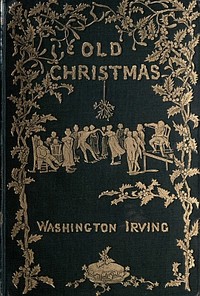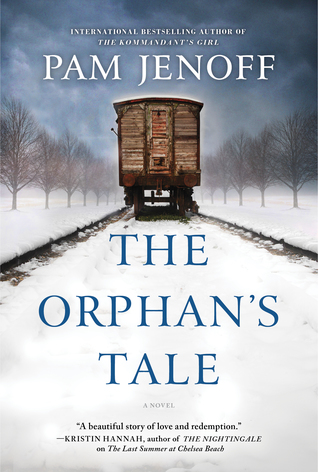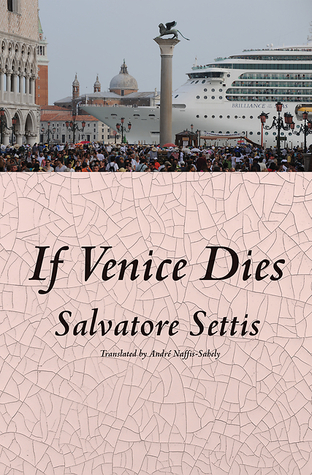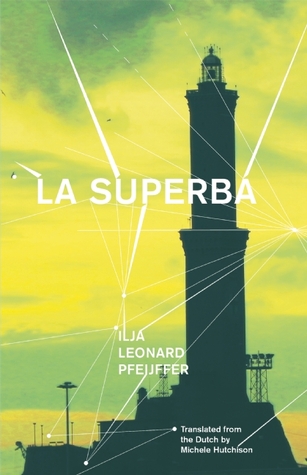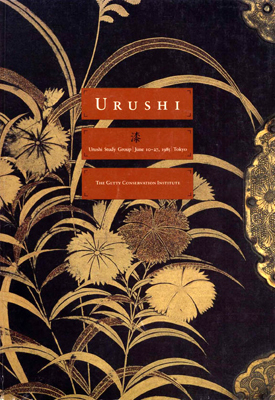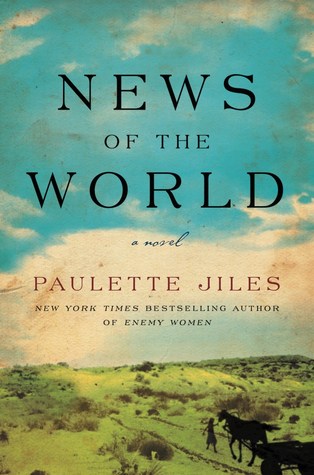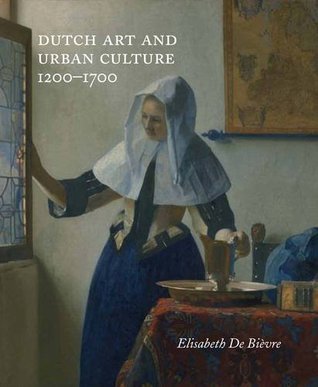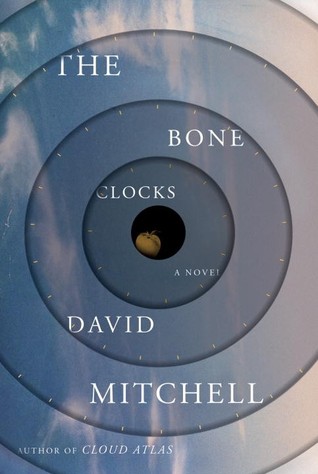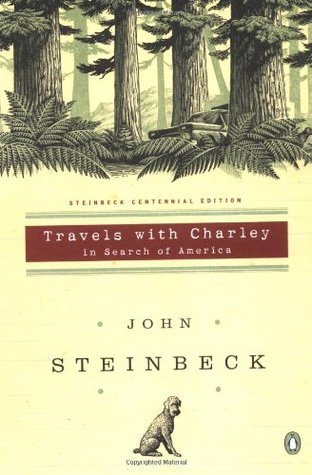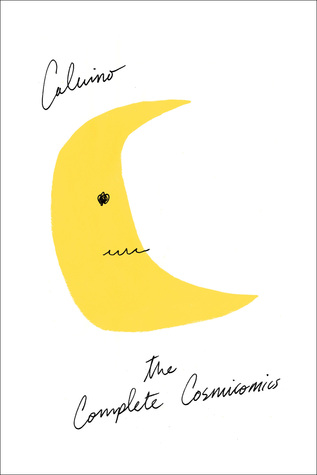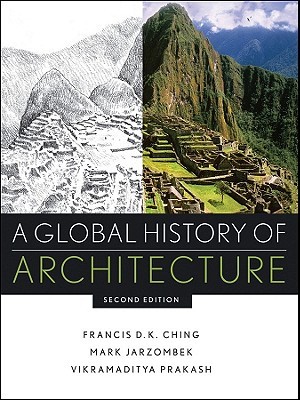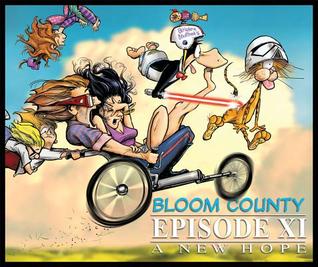I read a few things Christmasy which I note in a separate post: Christmas Reading.
I continue to work on my owned-but-unread stack but I also added to it with some nice Christmas gifts (I've already started the first three.):
Girlfriends, Ghosts, and Other Stories; Robert Walser, Tom Whalen (Translator)
Long Belts and Thin Men: The Postwar Stories of Kojima Nobuo; Nobuo Kojima, Lawrence Rogers (Translation)
Estuary: Out from London to the Sea; Rachel LichtensteinThe Naked Eye; Yōko Tawada, Susan Bernofsky (Translator)
Africa39: New Writing from Africa South of the Sahara; Ellah Wakatama Allfrey (Preface), Wole Soyinka (Editor)
Also received a couple of ARCs and some subscription books. So the following reads didn't make much a dent--but still, only one library book.
A Greater Music by Bae Suah, Deborah Smith (Translator)
In the wandering of memories time has no real meaning and this is a novel of memories. It's difficult to follow the sequence of events as the narrator, a young Korean novelist, house sits in Berlin for her sometime boyfriend and recalls her relationship with the mysterious M--a woman who was her German tutor and lover. The writing is eloquent, especially when she thinks about music. I look forward to reading more by this author. My copy from a subscription to Open Letter Books; which will be publishing another Bae Suah book next fall. (Deep Vellum also has a Bae Suah book coming in the spring of 2017)
A Rogue by Compulsion by Victor Bridges
A classic
spy story (and a good read) first published in 1915. Set mostly in
London and the Thames Estuary although it starts out in Dartmoor Prison. Available free from Project Gutenberg, Amazon and others. 
Calligraphy Lesson: The Collected Stories by Mikhail Shishkin, Marian Schwartz (Translation), Leo Shtutin (Translation), Mariya Bashkatova (Translation), Sylvia Maizell (Translation)
This collection includes both fiction and essays. Shishkin talks about writing in exile, the inadequacies of language, and the impossibility of translation. Some of the material is memoir about growing up in the "slave state" that was the USSR. My copy via subscription to Deep Vellum press.
Contents: The half-belt overcoat / translated by Leo Shtutin -- Calligraphy lesson / translated by Marian Schwartz -- The blind musician / translated by Marian Schwartz -- Language saved / translated by Marian Schwartz -- Nabokov's inkblot / translated by Mariya Bashkatova -- Of saucepans and star-showers / translated by Leo Shtutin -- The bell towers of San Marco / translated by Sylvia Maizell -- In a boat scratched on a wall / translated by Marian Schwartz.
The Secrets of Flight by Maggie Leffler
Secrets and lies are revealed as an eighty-seven year old women and a fifteen year old girl forge a friendship. They meet in a writers group and the young girl agrees to help the woman write a memoir about her time as a pilot during World War 2. I like the smooth way the narration moves between present events and the memories of the past. There are some surprises and some not-so-surprising revelations. As the older woman tries to unburden herself of what she once felt were necessary lies, the younger is getting caught up in her own "necessary" lies. An interesting cross generation story with perhaps one too many twists, but a nice read. Advance review copy courtesy of the publisher.
Things We Lost in the Fire: Stories by Mariana Enríquez (translated from the Spanish - by the author?)
Superb collection of eerie short stories, some are frightening -bordering on horror. Domestic violence, hallucinations, ghosts, serial killers, etc. Not for the faint of heart. Wonderfully creepy. Terrific writing. Free advance reader copy (EPUB) from Penguin First to Read program.
Contents: The dirty kid - The inn -The intoxicated years - Adela's house - Spider web - End of term - No flesh over our bones - The neighbor's courtyard - Under the black water - Green red orange.
A Barcelona Heiress by Sergio Vila-Sanjuán; (translated from the Spanish, no translator credit given)
A sometimes confusing novel set in a confusing time just before the Spanish Civil War. Billed as "A historical detective story set against the social and political tumult of 1920s Barcelona and based on the real events...," it is more historical than detective. It's also very difficult to follow, but it does shed some light on Spanish history. Title and cover are a bit misleading--it's really more about the lawyer/journalist narrator than it is about his heiress friend.
The Cossacks by Leo Tolstoy; Louise Maude (Translator), Aylmer Maude (Translator)
To escape boredom (and his debts) a young Russian enlists as a cadet and secures a post in the Caucasus. He lodges with a village family and attempts to "go native and live the simple life." Wonderful descriptions of village life. An enjoyable read. Library book.
Abandoned: Three Short Stories by Jim Heskett
Sex and drugs in two of these, but the middle one is different. Heskett writes noir mysteries and thrillers. I'm not sure I would want to read a full length novel by him, but the short stories are OK.
From my Kindle freebie collection.
Contents: To Build a Helicopter; The Meanings of Words; Shots and Strippers
online
Number Six, Drama by José Ignacio Valenzuela; Translated from the Spanish by Aurora Lauzardo, Sofía García Deliz, and Edil Ramos Pagán.In this micro-play a distrustful woman debates whether she ought to allow a stranger into her home.
Carmen Boullosa: Raising Consciousness
The poet, novelist, and playwright is interviewed by Aaron Bady for Guernica magazine.
Human Hair, Dolls Clothes, Love Letters and Other Strange Things Found in Old Books
UVA's Book Traces Project tracks human interactions with physical books By Emily Temple
For other stuff found in old books see used bookseller Michael Popek's blog Forgotten Bookmarks
Fun to browse, posts are nicely categorized by type of object.
The empire the world forgot text and photos by Joseph Flaherty
"Ruled by a dizzying array of kingdoms and empires over the centuries...the city of Ani once housed many thousands of people, becoming a cultural hub and regional power under the medieval Bagratid Armenian dynasty. Today, it’s an eerie, abandoned city of ghosts that stands alone on a plateau in the remote highlands of northeast Turkey...." Brief article with spectacular photographs of this city that was featured in the history of architecture class I took online.
Isthmus by Brian Davis, Rob Holmes & Brett Milligan
"The shockwave of Panama Canal expansion is reshaping cities throughout the Americas. We need to look through the lens of landscape, not logistics." The far reaching economic, ecological, and cultural effects of the expansion. For example: United States ports are expanding their facilities to accommodate post-Panamax shipping. [Map by the authors]
Architecture's "Political Compass": A Taxonomy of Emerging Architecture in One Diagram
by Alejandro Zaera-Polo & Guillermo Fernandez Abascal
It's a complicated -but interesting- diagram and the explanation of how and why they did it gives some insight into current trends in architecture.










